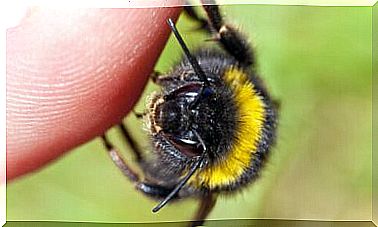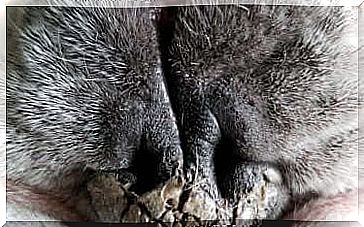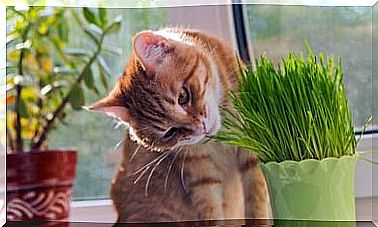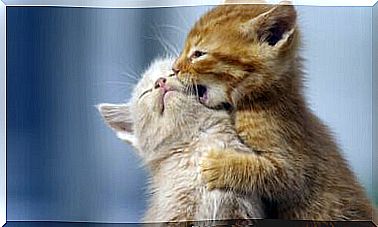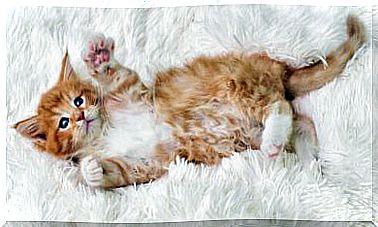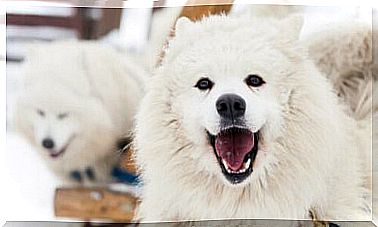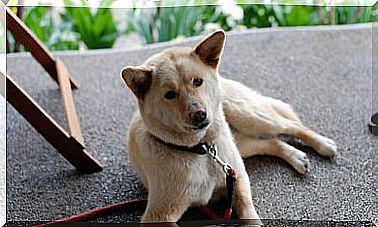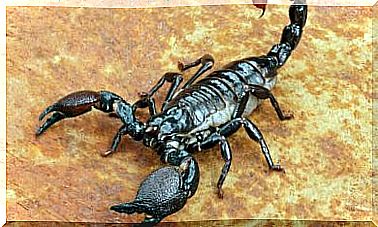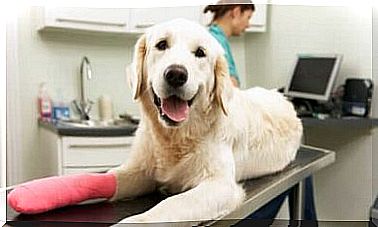6 Things You Think Your Dog Likes, But Instead

We tend to treat our pets as if they were people. Although they love many of our attitudes, they don’t like others. In this article, we’ll tell you what you think your dog likes, but that’s not how it works. You will be surprised!
Don’t make your dog do things he doesn’t like
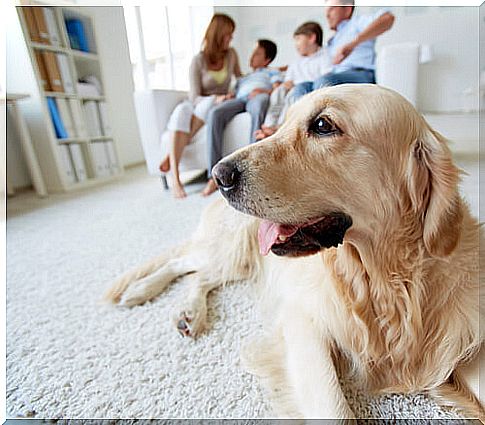
It may sound funny, but don’t do things your dog doesn’t like. Even though your pet is the most wonderful on the face of the Earth, there are things it can’t stand either from you or your family. That’s exactly what you are reading. Dogs have a hard time expressing their dissatisfaction, but it’s details in the expression and movements they make that show us their displeasure. Here are the things your dog doesn’t like that we think he likes:
1.The words
Not just because we don’t share the same language, but because pets tend to express themselves through bodily expressions. We human beings love to talk nonstop, even when others don’t understand what we say. Pets don’t have all the words we use in their internal dictionary.
Even if they can deduce some because they’ve heard them many times (such as food, walk, walk, toy, etc.), they don’t understand us. Therefore, if you want him to carry out an order, you must be direct in how you express it and, in addition, train him several times so that he has the opportunity to associate a word with an activity. All the extra “talk” (which can be very nice and explain to you the reasons why you go to work or why you didn’t bring a gift) is blah blah.
2.The “very tall” poles
When we are playing with our dog at home or in the park, one of the games we most practice with him is the typical “lift a pole so he can jump as high as he can”. It might be fun for you, but not for him. In addition, we increase your anxiety and distress levels.
In addition, he may suffer physical problems, as jumping upright causes injuries to his hind legs. Any game that you want to participate in with your dog must be “up to him”. Also avoid threatening him, saying that you are going to throw his wand at him. And don’t play this game to save the animal from suffering a feeling of frustration and helplessness.
3. The hugs
No one denies that you love your pet and that you want to show your affection all the time, just as you would a friend, spouse, or family. However, it doesn’t much please the pet that you hold it close to you and envelop it with your hugs.
Since dogs don’t hug each other, you can put considerable stress on them just because you’re hugging them because you felt like doing so. If another animal puts a paw on its back, that’s a sign of dominance, not affection. Even if you play the role of “pack leader,” try not to make that kind of contact with him. Maybe he’s never done anything to you, but you don’t know how he might react. Many dogs bite or attack in situations similar to this, and this is simply an act of unconscious defense for them.
4. The caresses (when he is afraid)
Petting your pet is beautiful to him, because he feels loved, and will definitely ask you for more pampering when you leave. However, when you feel threatened or frightened, these caresses will become a warning sign or that “something is not right”.
For example, during a storm or at parties, he is likely to be scared, don’t make the mistake of cuddling or hugging him, as this will increase his fears and despair. His thinking will be: “something horrible is happening, that’s why they’re taking care of me more than usual.”
5. Look into his eyes
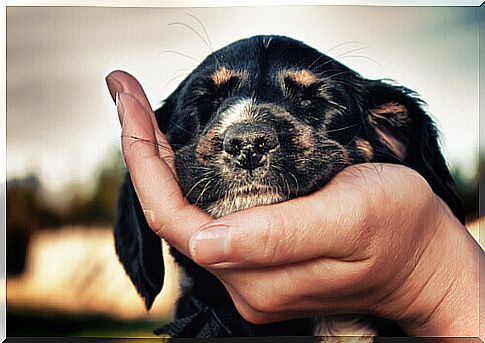
This applies to unfamiliar dogs, because they see this “affront” as a danger or a threat. For dogs, eye contact is very important, and if it develops for a long time, it can cause nervousness and discomfort in the dog. Also, he might want to attack you when you address him.
6. Repetitive games
In addition to the typical stick-up game, there’s also another one they hate: that you throw the ball in their direction many times. In the beginning, he will enjoy this game, he will gladly fetch you and return the ball to you. But by the fifth time (for example), he will already be tired and bored. In that case, you shouldn’t force him to keep playing.
Take a good look at the signals your pet gives. If he keeps looking at you after you throw the ball at him, if he doesn’t run to get it, but walks, or if, instead of giving it back to you, he goes to your little house or bed, this is a sign of that the game is over. Do not insist!
